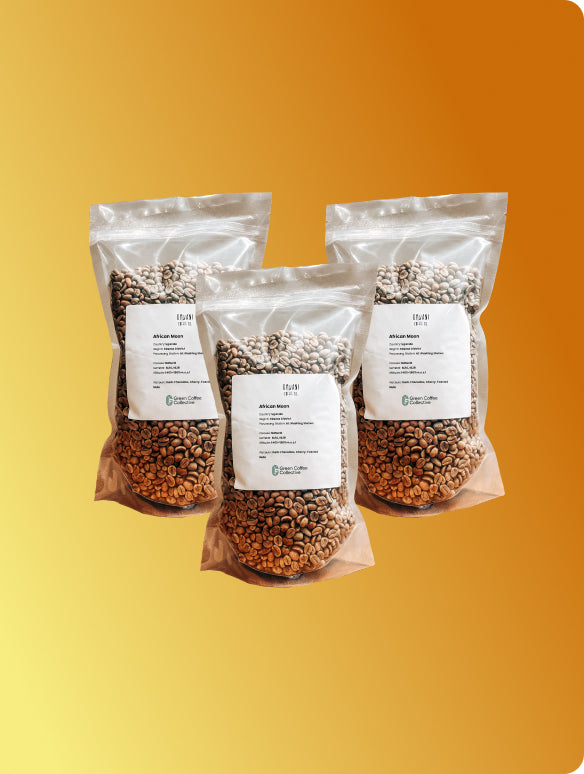In East Africa, informal cross-border trade in coffee is common. It’s driven by structural imbalances in pricing, trade policy, and access to formal markets. When export costs are high and neighbouring countries offer better prices, moving coffee across borders becomes a rational economic decision for those involved.
Smuggling typically involves middlemen who have the infrastructure and networks to move coffee from one country to another. Farmers are often excluded from direct access to high-paying markets due to logistical, regulatory, or financial barriers. In regions where borders are porous and oversight is limited, these informal routes become embedded in how coffee moves.
Why do it?
In countries like the DRC, the formal export process involves high taxes, complex bureaucracy, and long clearance times. Environmental challenges and limited access to credit further raise production costs. Selling into Rwanda or Uganda, where prices may be higher and trade is faster, can offer a more immediate return.
Estimates suggest that over 70% of the DRC’s coffee production is exported informally into neighbouring countries. Once across the border, it is mixed with domestic lots and loses its identity. Even cooperative members may rely on informal channels when formal systems are delayed or fail to deliver timely payments.
These are not isolated decisions - they’re responses to inefficiencies in the formal trade system.
What are the downsides?
Informal trade bypasses taxation and export reporting, which restricts the ability of origin countries to capture value from their own production. It limits investment in the countries development - such as education, infrastructure, or other social services.
It also compromises origin transparency. Coffee grown in the DRC may end up marketed as Rwandan or Ugandan, distorting consumer perception and diminishing the ability of producers to build reputations based on quality. This weakens market differentiation and undermines the value of origin designation.
Until trade systems across the region are made more accessible, efficient, and equitable, informal cross-border movement of coffee will continue to act as a pressure valve - filling the gaps left by underperforming formal markets.

